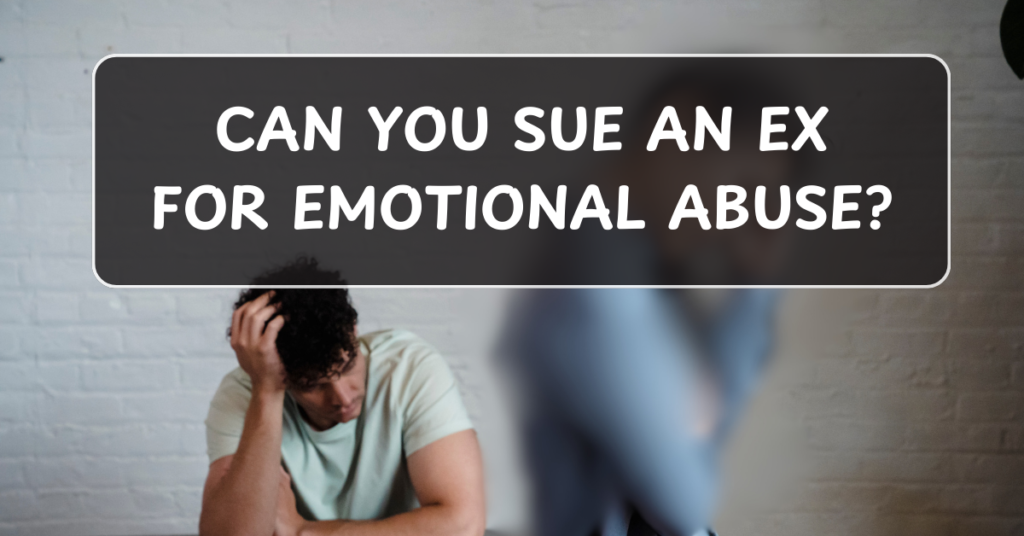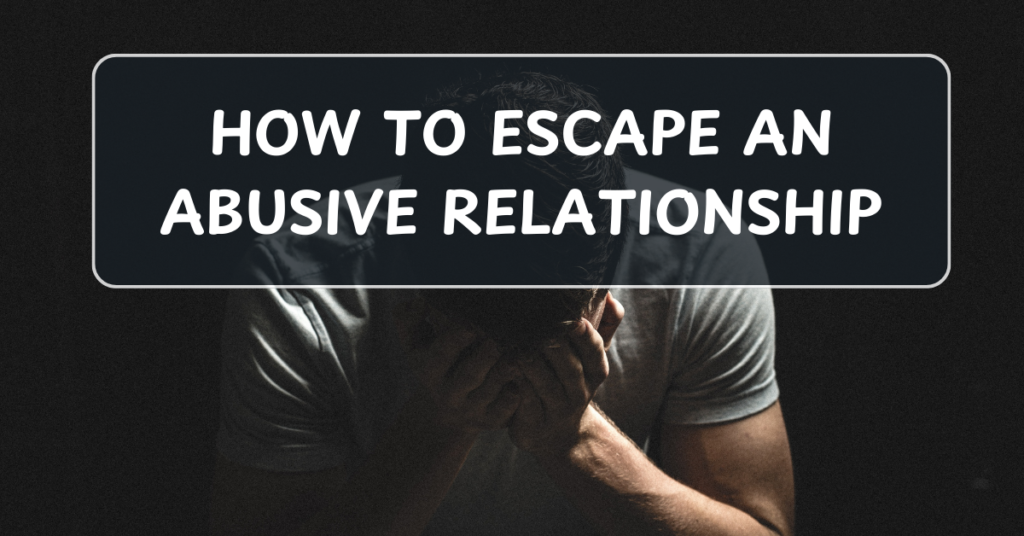
Yes, it is possible to sue an ex for emotional abuse, but the process can be challenging and depends on various factors, including the nature of the abuse, the laws in your jurisdiction, and the available evidence.
Legal Options for Suing for Emotional Abuse:
- Civil Lawsuit for Emotional Distress: In some cases, you may be able to file a civil lawsuit for emotional distress caused by the abuse. Emotional distress is a legal claim that can be made when someone’s actions cause significant psychological harm. This could include cases of emotional manipulation, gaslighting, threats, or other forms of emotional mistreatment.
- Types of Emotional Abuse: Emotional abuse can take many forms, including:
- Verbal abuse or constant criticism
- Manipulation or gaslighting (making you doubt your reality)
- Intimidation or threats
- Isolation from friends and family
- Humiliation or demeaning behavior
- Proving Emotional Abuse: One of the biggest challenges in suing for emotional abuse is providing sufficient evidence. Unlike physical abuse, emotional abuse often leaves no visible marks or clear proof. However, evidence may include:
- Witness Testimonies: If friends, family, or others witnessed the abuse, their testimony can help support your case.
- Text Messages, Emails, or Recorded Conversations: Documenting harmful communications can serve as evidence of the abuse.
- Therapist or Medical Records: If you sought therapy or medical help due to the emotional distress caused by the abuse, these records could provide important evidence.
- Statutes of Limitations: There is a time limit, known as the statute of limitations, for filing a lawsuit. This varies by state or country and typically ranges from a few years to a decade. The time starts from the last act of abuse or from when the victim discovers the harm caused by the abuse.
Challenges of Suing for Emotional Abuse:
- Difficulty in Proving Emotional Harm: Since emotional abuse doesn’t leave physical scars, proving the extent of emotional harm can be difficult. Courts may require substantial evidence to show how the abuse negatively affected your mental health and daily life.
- Legal Fees and Costs: Filing a lawsuit can be expensive, and emotional abuse cases may require expert testimony or psychological evaluations, adding to the cost.
- Emotional Toll: Pursuing legal action for emotional abuse may reopen painful memories and emotions. It’s important to consider the emotional toll of going through the legal process and weigh it against your desire for justice or closure.
Alternative Actions:
If suing for emotional abuse feels too overwhelming or unlikely to succeed, there are other avenues to explore:
- Seek Therapy or Counseling: Therapy can help you heal from the emotional scars of abuse and process your emotions. It can also provide documentation of the impact of the abuse, which may be useful if you later choose to pursue legal action.
- Restraining Orders: In cases where you feel unsafe or threatened by your ex, a restraining order may be an option. This is a legal order that restricts your ex from contacting or coming near you.
- Support Groups: Joining a support group for survivors of emotional abuse can offer comfort, guidance, and connections to others who understand your experiences.
Conclusion:
While it is possible to sue an ex for emotional abuse, it can be a difficult and emotionally taxing process. Consulting with a lawyer who specializes in family law or emotional abuse can help you understand your options and navigate the legal complexities. If you choose not to pursue a lawsuit, focusing on your healing and well-being through therapy and support can help you move forward.

